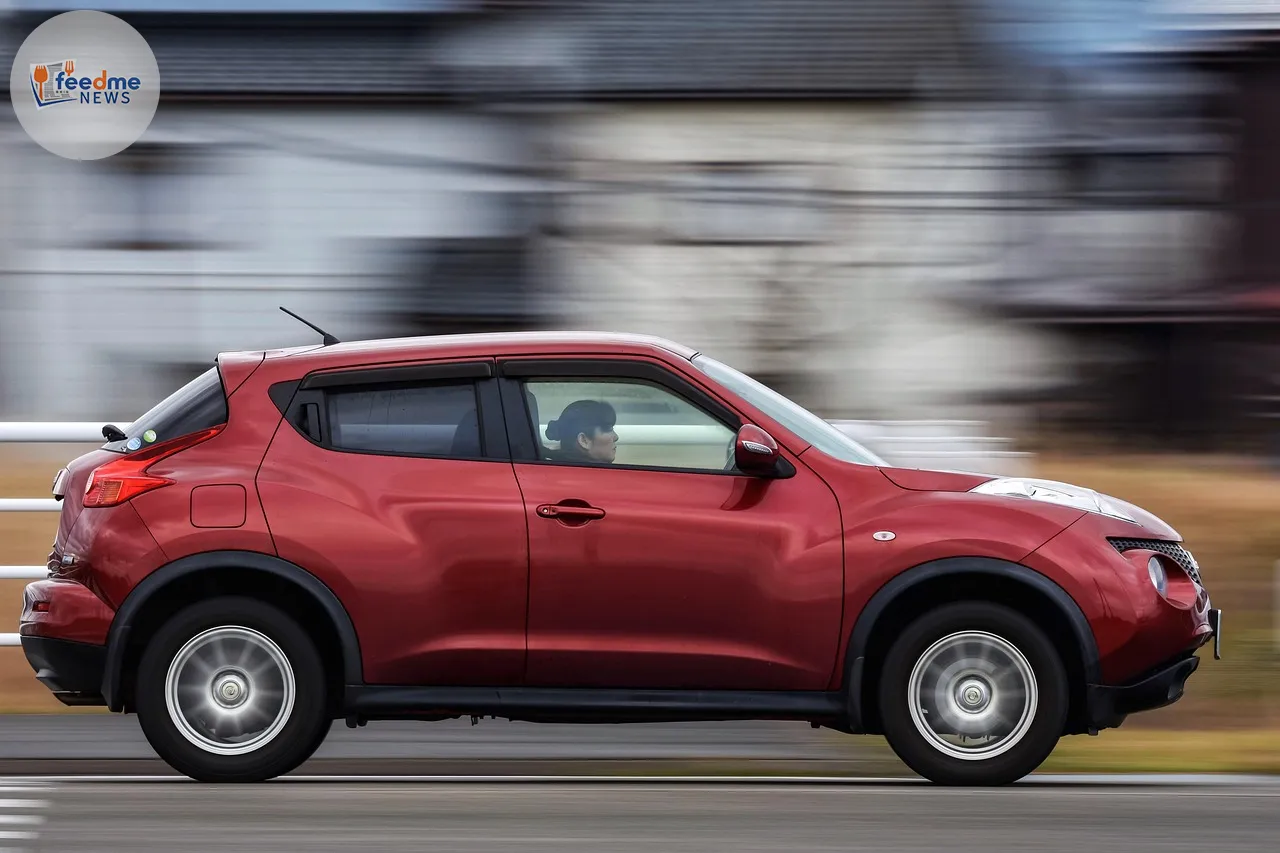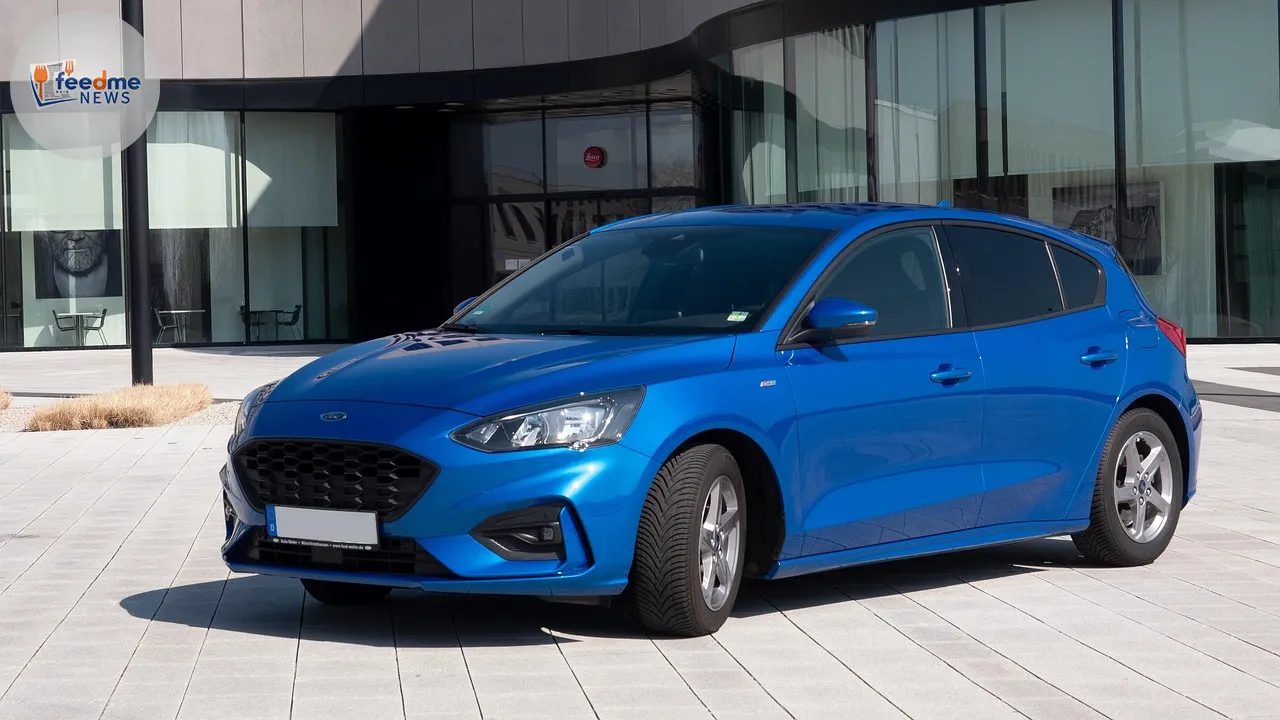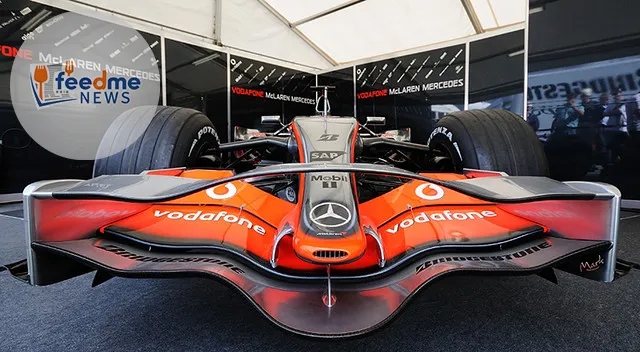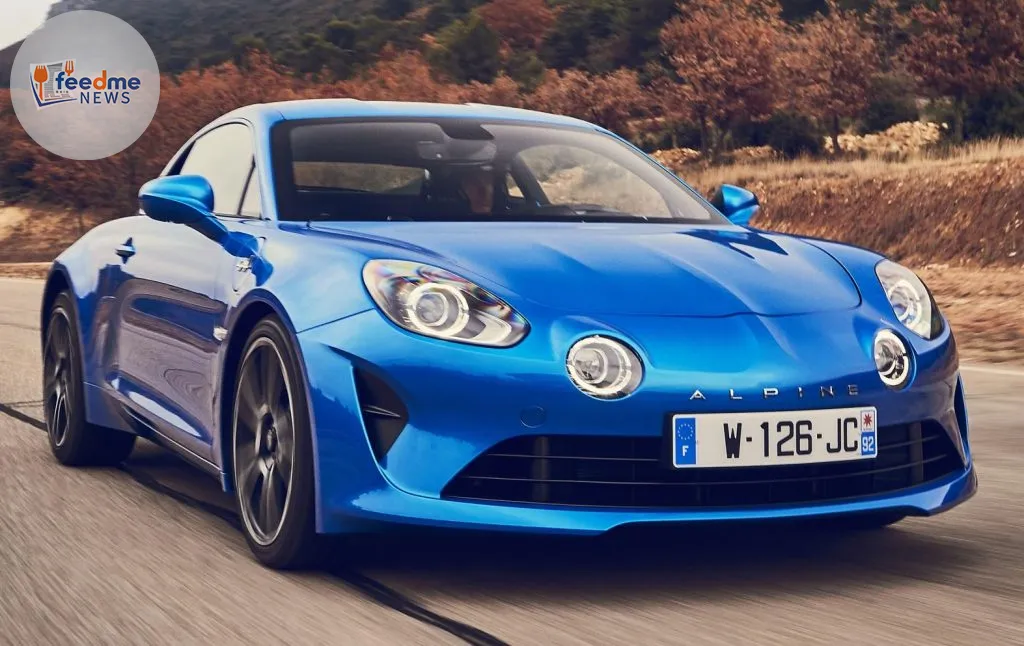The Nissan Juke has been named the least reliable new car in the UK, according to the 2025 Reliability Survey conducted by What Car?, a publication affiliated with Autocar. The survey revealed that a significant percentage of Juke owners experienced costly repairs, making it a standout for all the wrong reasons. The findings have sparked discussions about vehicle reliability and consumer expectations in the automotive industry.
Survey Results Highlight Nissan Juke’s Reliability Issues
The survey, which garnered responses from 32,493 car owners, examined vehicles up to five years old. It revealed that 24% of owners of the petrol Nissan Juke reported faults with their vehicles. This figure placed the Juke at the bottom of the reliability rankings among new cars. More troubling for owners, three out of five who experienced issues faced repair bills exceeding £1,500. Additionally, 64% of those with faults had to wait over a week for repairs, highlighting inconvenience alongside financial burdens.
A spokesperson for Nissan expressed disappointment with the survey’s findings, noting a discrepancy between the results and Nissan’s internal data. “We are pleased to see that models like the Qashqai, X-Trail, and Leaf performed well, scoring 95% or higher in reliability. However, the Juke’s result is concerning, and we’re in discussions with What Car? to understand these differences,” the spokesperson stated. Nissan reaffirmed its commitment to quality and reliability while valuing customer feedback.

Other Notable Findings: Volkswagen Tiguan and Kia Sportage
The Volkswagen Tiguan followed the Nissan Juke closely, with 81% of its owners reporting issues. Despite the high number of faults, Volkswagen managed to cover repair costs for all affected owners, mitigating financial strain. Nonetheless, over 40% of Tiguan owners experienced delays of more than a week for repairs, indicating potential service challenges.
Similarly, over half of the previous-generation Kia Sportage owners reported problems, with a notable 20% relating to the powertrain. Although Kia covered all repairs, nearly half of the vehicles were in the garage for more than a week, which may have tested the patience of some owners.
Perfect Scores and Brand Rankings
In contrast, the current Hyundai i10, Hyundai Santa Fe, and Toyota GR Yaris achieved perfect scores, indicating zero reported issues from owners. This achievement underscores the importance of consistent quality control and customer satisfaction in the automotive sector.
What Car? also ranked Honda as the most reliable brand, followed by Mini and Suzuki, showcasing their strong performance in maintaining vehicle reliability. Lexus, previously a leader in reliability, fell to eighth place, tied with Kia. MG, despite its last-place finish for the second consecutive year, improved its score significantly, indicating a positive trend in addressing previous reliability concerns.
Industry Implications and Consumer Insights
Claire Evans, What Car?’s consumer editor, highlighted a critical insight from the survey: “One in four cars aged up to five years old went wrong. Although most issues were resolved by manufacturers, those that weren’t resulted in significant costs for owners.” This observation points to the necessity for manufacturers to ensure robust after-sales support and transparency in addressing vehicle faults.
The survey’s findings may influence consumer decisions and manufacturer strategies moving forward. As reliability remains a pivotal factor in purchasing decisions, brands may need to reassess their quality assurance processes and customer service protocols.
Looking Ahead: The Future of Car Reliability
The 2025 Reliability Survey sheds light on the current landscape of car reliability in the UK, revealing both challenges and successes across various brands. As consumer expectations continue to evolve, manufacturers must adapt by prioritising reliability and customer satisfaction to maintain competitive advantage.
The automotive industry faces an ongoing challenge to balance innovation with dependability, ensuring that new technologies do not compromise vehicle reliability. As brands like Nissan address issues highlighted in surveys, the focus on enhancing quality assurance and customer engagement will likely shape future developments in the sector.






